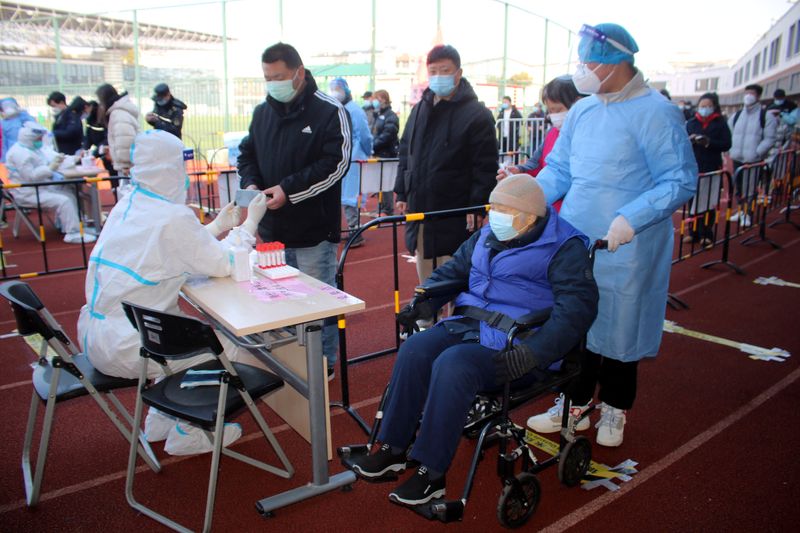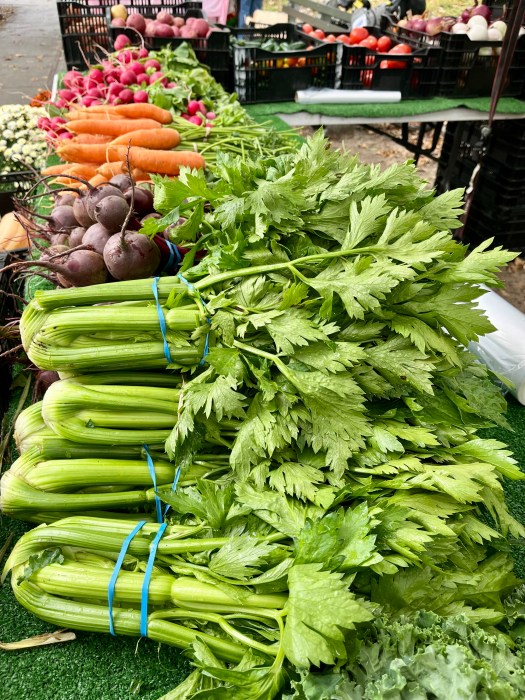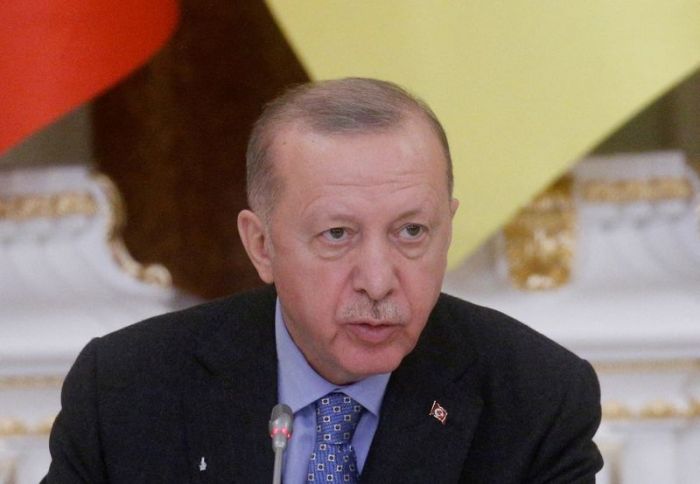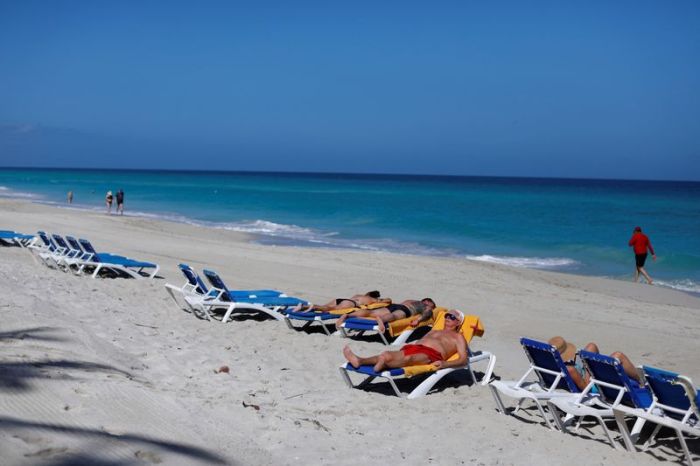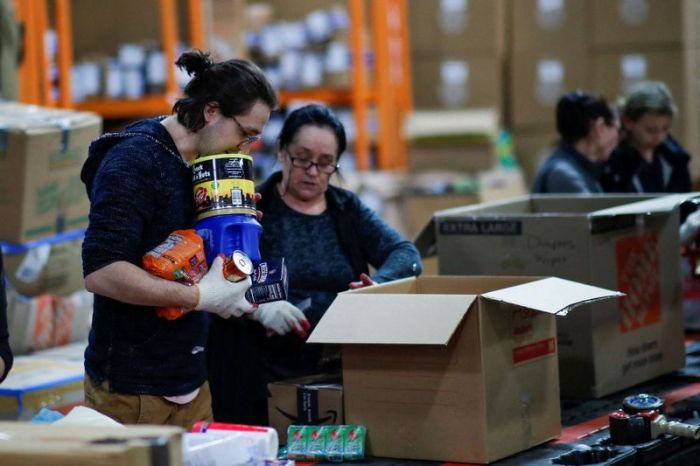BEIJING (Reuters) -China on Friday said it would for the first time allow the general public to use COVID-19 antigen self-test kits that do not need medical workers to take samples, in a bid to augment its testing regime that has been put under pressure by Omicron.
The general public will be able to buy self-test kits in stores and online, while medical institutions can offer antigen tests that require samples collected by professionals, the National Health Commission (NHC) said on its website.
In the past two years, medical workers in many Chinese cities have swabbed hundreds of thousands of noses and throats within days to detect infections even after just a handful of cases emerged, using nucleic acid tests that require labs to process samples. The scale of effort has helped China keep its caseload tiny by global standards.
However, some experts said it has become increasingly challenging for the earlier strategy to keep up with the spread of the Omicron variant. China’s daily rise of domestically-transmitted cases reached a two-year high this week with many asymptomatic carriers.
Allowing the public to access self-test kits that helped many countries ease testing bottlenecks amid waves of infections is part of China’s effort to prepare itself for potential major outbreaks, while it falls short of a sign that China is ditching its “zero-clearance” policy soon, some experts said.
Those who test positive using antigen test should report to staffers at community authority and go through nucleic acid tests for confirmation, the NHC statement said.
The adoption of self-test kits risks uncertainties, said Yanzhong Huang, a global health specialist at the Council on Foreign Relations.
“The government is giving part of power of testing to the public…Some people may refrain from reporting positive test because they don’t want to be quarantined, and this could lead to further transmission,” Huang said.
Chinese authorities said in February that rapid antigen tests were allowed for staffers working on ships that arrive from abroad when nucleic acid tests are unavailable, without specifying whether those antigen tests could be used without medical workers taking samples or not.
(Reporting by Roxanne Liu, Ryan Woo and Beijing Newsroom; Editing by Barbara Lewis and Frank Jack Daniel)

